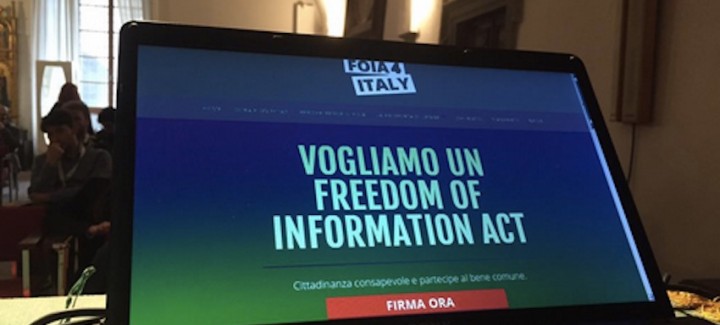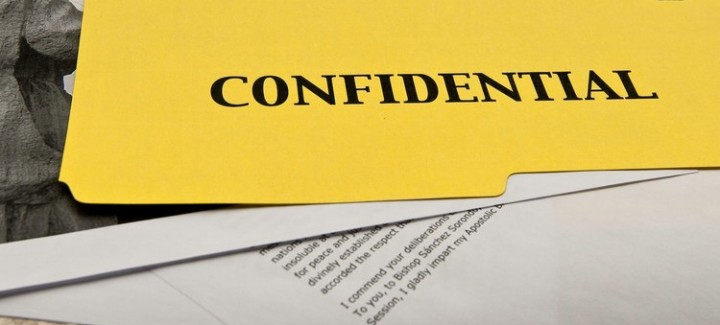The Italian Government approved a legislative decree on transparency granting everyone the right to access documents held by public bodies. The text, published yesterday by many newspapers, shows major improvements, compared to the first version circulated in January. Many of the faults highlighted by Foia4Italy, the network of 32 CSOs pushing an Italian Freedom of Information Act, were addressed and changed in the final version:
- Administrative silence was abrogated: public bodies have the duty to state a reason for their refusal
- Requesters don’t have to specify “precisely” what documents they are looking for
- Inspection of documents and electronic copies are free: fees are limited to the cost of reproducing and sending the information
- In case of refusal, requesters, beside administrative justice, can ask for an internal review to the “Responsabile per la Trasparenza” (transparency supervisor) and appeal to the “difensore civico”, the local ombudsman
- Exceptions will be redefined and limited by guidelines written by the National Authority Against Corruption
While we praise the improvements, the law still has some handicaps, like the lack of sanctions for public bodies that illegitimately refuse to disclose documents and the absence of an ombudsman in many Italian regions. Moreover, some of the duties on proactive transparency were reduced or limited. The law will enter into force six months after being published in the official gazette: this period was considered necessary for public bodies to conform to the new provisions on transparency and for the draft of the guidelines on how to apply the exceptions. In the coming months the Foia4Italy network, will:
- Monitor the drafting of the guidelines by the Anti Corruption Authority
- Once in force, start a monitoring study of the implementation of the law
- Continue its work of spreading the knowledge of this right to citizens, journalists and activists.


